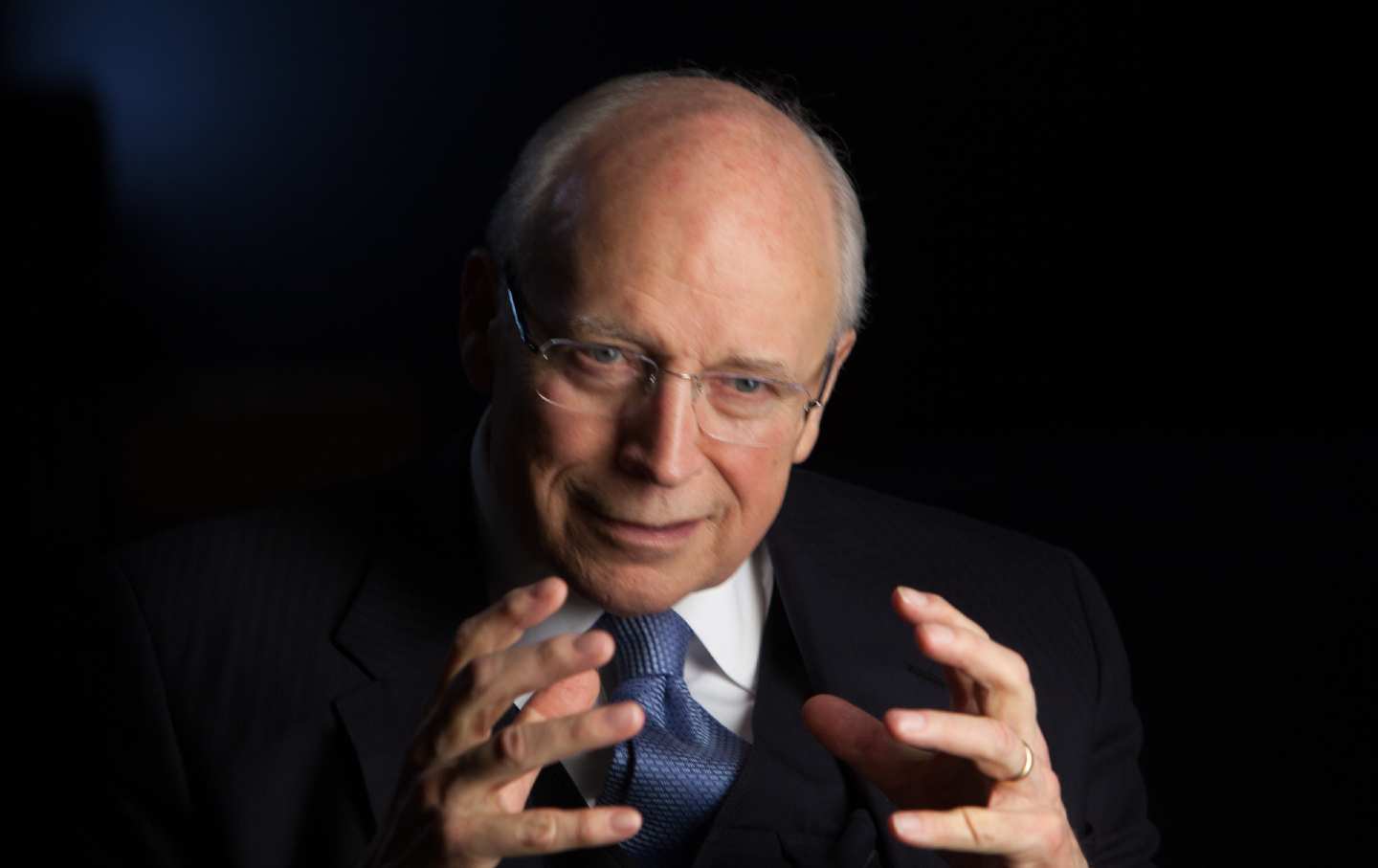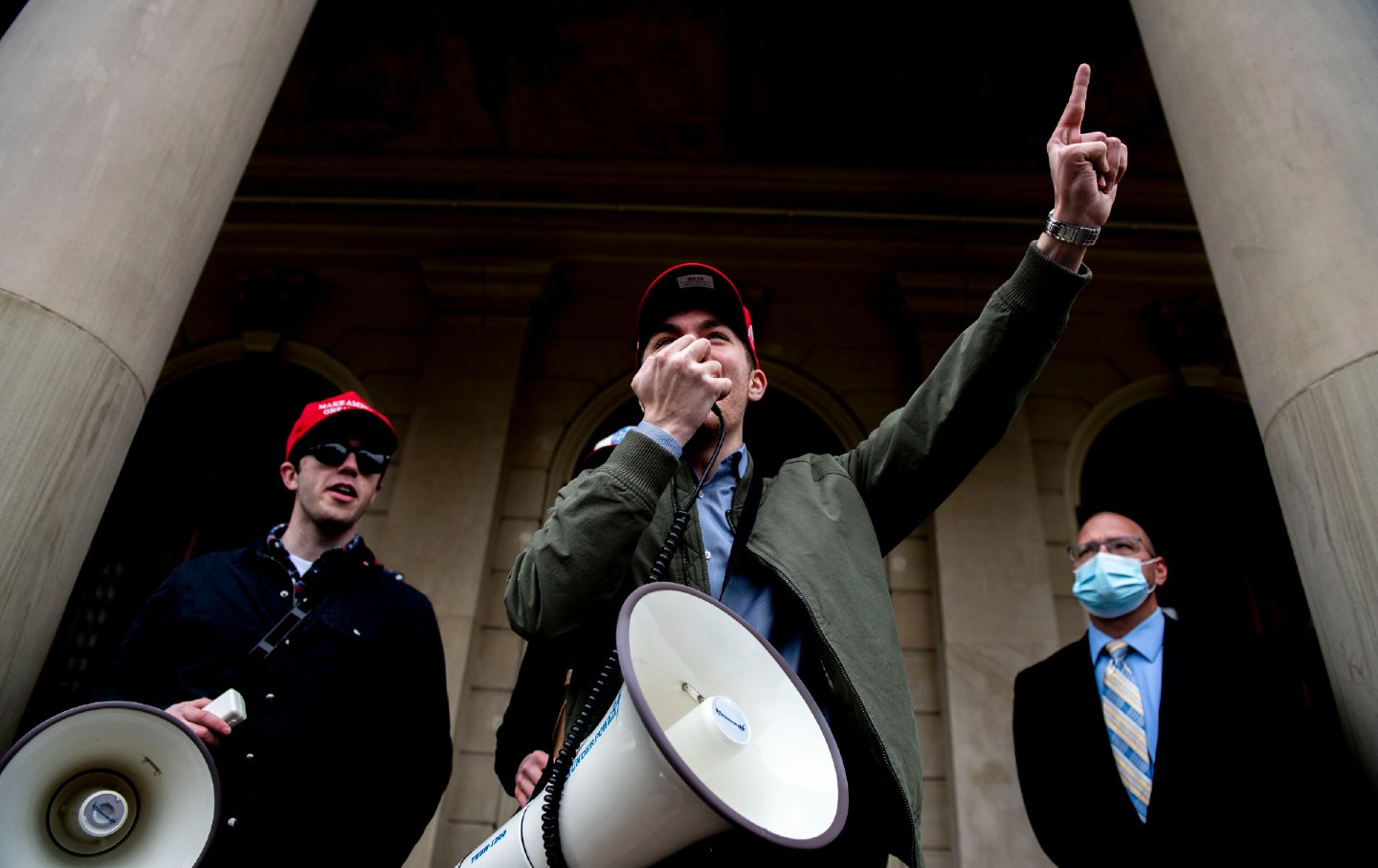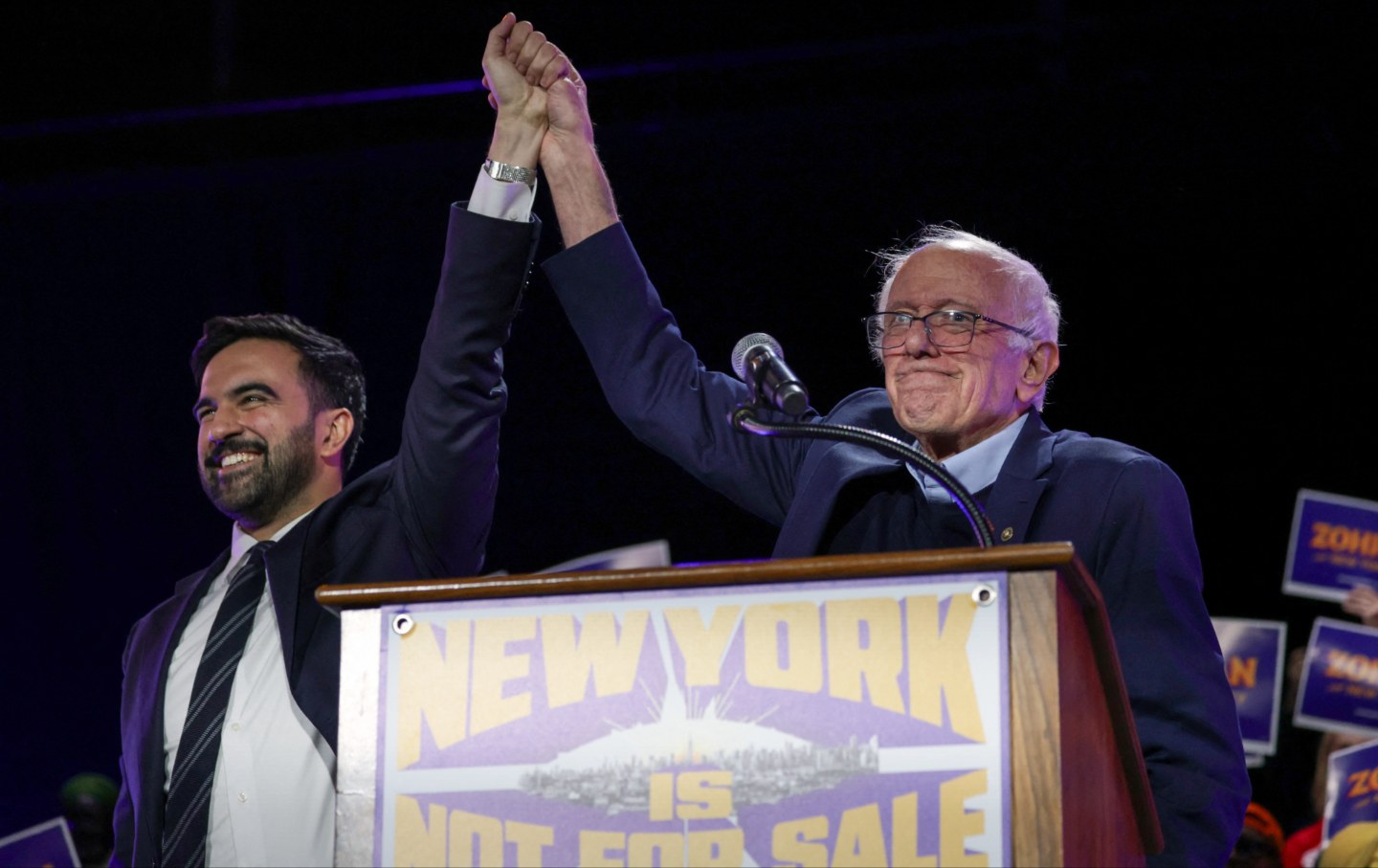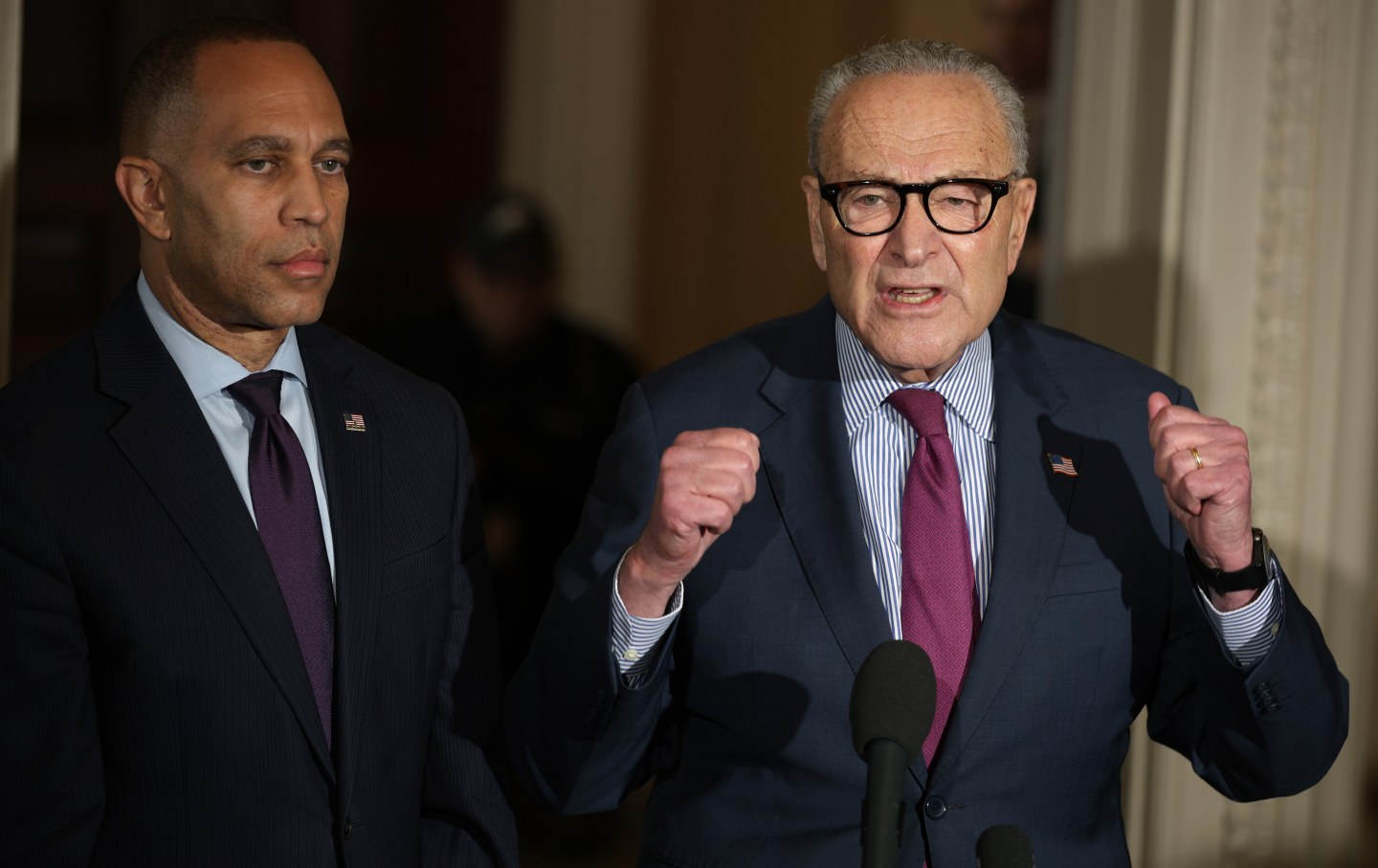Although he ultimately condemned Trump, the former vice president rejected transparency, the rule of law and constitutional principles.
Vice President Dick Cheney speaks at the 35th Annual Conservative Political Action Conference in Washington, D.C. on Thursday, February 7, 2008.
(Chuck Kennedy/MCT/Tribune News Service via Getty Images)
Dick Cheney spent the last years of his long public life in open conflict with the Republican Party, whose modern form he spent decades shaping. In a dramatic 2022 TV advert that he recorded support for his daughter Liz's doomed bid for re-election to Congress as a lone Republican critic of President Donald Trump, the former vice president who died Monday at age 84, criticized Trump as a dangerously irresponsible leader of a Republican Party once dominated by the Cheneys.
“In the 246-year history of our country, there has been no person who has posed a greater threat to our republic than Donald Trump,” Cheney Sr. said. The 46th vice president of the United States complained that the man who was the 45th president and will become the 47th “tried to steal the last election by using lies and violence to stay in power after voters rejected him. He's a coward. A real man wouldn't lie to his supporters. He lost his election, and he lost big. I know it. He knows it, and deep down, I think most Republicans know it.”
Perhaps there were Republicans who realized that Cheney was right. But they have provided no evidence that they care, and much of the blame lies with Cheney himself. By 2022, the Republican Party had become accustomed to abuses of executive power not only by Trump, but also by Cheney and his associates during the years when the top Republican manipulated world affairs. as the most powerful– and secretive – vice president in American history.
Cheney's failure to lead his party back from the brink in 2022, and his announcement in 2024 that he vote for Democrat Kamala Harris— simply confirmed his marginalization by the party that had already become the thoroughly Trumpian Republican Party that he helped create.
Despite her father's intervention, Liz Cheney was voted out of office by Wyoming Republican primary voters, who continued the evolution of the Republican Party that the elder Cheney had fostered during a half-century career characterized by a rejection of transparency, a refusal to respect checks and balances and, ultimately, the creation of an overempowered executive branch ripe for abuse.
Indeed, Cheney's career provides a much clearer assessment of the Republican Party's move toward Trumpism than that of any other figure except Trump himself.
Dick Cheney was hungry for power. Since the mid-1960s, he had positioned himself as a behind-the-scenes but consistently influential player in successive Republican White Houses, a right-wing congressman who dreamed of becoming Speaker of the House, a hawkish defense secretary obsessed with regime change in Iraq, a corporate CEO who occupied the murky crossroads of the oil energy and military-industrial complex, and finally, and most damagingly, a vice president who used false pretenses, inflated claims about weapons of mass destruction and manipulated “intelligence” to drag the United States into a catastrophic war in the Middle East.
Cheney's resume was a Republican. He sought positions of enormous prestige, but did so for a rogue's gallery of Republican presidents whose scandals often preceded Trump's.
Cheney's first boss in the White House was Richard Nixon, who was forced to resign as Congress began impeachment proceedings as a result of his political misdeeds and dishonest and disgraceful management of the presidency.
Cheney served in Congress as a fierce ally of Ronald Reagan, who was being investigated by Congress and the courts for leading an administration in which key players developed—and then lied about—a secret plan to break the law by diverting resources to his causes. Iran-Contra associates in the Middle East and Latin America.
Cheney headed the Pentagon in the White House of George Herbert Walker Bush, who pardoned Caspar Weinberger, Robert C. McFarlane, Elliot Abrams and others who were indicted and in some cases convicted by Iran-Contra prosecutors.
Cheney then left the public sector in search of corporate power. His 1990s tenure at Halliburton—at a time when he briefly considered running for president himself—has been the subject of frequent controversy, as have the close alliances he maintained with scandal-plagued Halliburton executives. Enron, a firm that collapsed amid allegations of institutionalized and systematic accounting fraud.
Cheney returned to public service in 2001 as prince regent of the boy president, whose administration has been accused of “correction” of intelligence to persuade Congress and the American people to support the unnecessary—and ultimately disastrous—invasion and occupation of Iraq. As part of this initiative, Cheney was repeatedly accused of spreading inaccurate claims about the alleged presence of weapons of mass destruction in Iraq and an illusory “connection” between Saddam Hussein and Osama bin Laden's al-Qaeda network.
Cheney ended up at the center of a years-long investigation into how, during his time as vice president, the Central Intelligence Agency used tactics that the world perceives as torture.
Senate Intelligence Committee's 500-page 2014 summary. report into the global torture regime that Cheney and his allies contributed to in the early years of the so-called War on Terror, described a “brutal” and “flawed” program that “violated US laws, treaty obligations and our values.” The report provides evidence that Cheney and his allies acted with complete disregard for the basic premises of the American experiment, particularly the rule of law and checks and balances.
Arizona Senator John McCain said, In advocating for the release of the committee's report, he said the CIA interrogation program as it operated during Cheney's time as vice president “has tarnished our national honor, done much harm and done little practical good.”
Yet, under Cheney's leadership, key figures in the former administration rejected the standards of transparency and accountability necessary to maintain not only national honor but also meaningful democracy. Back in 2009, when the newly retired Cheney was making unsubstantiated and irresponsible claims about the so-called “torture memos,” U.S. Senator Russ Feingold (D-Wis.) directly stated “The former vice president is misleading the American people.”
And he continued to do so.
Refusing to acknowledge the facts—especially when they revealed the extent of his misdeeds—Cheney called the 2014 intelligence commission's findings “bullshit.”
He rejected what CNN called the study's “key finding”: “CIA operatives exceeded guidelines set in Justice Department memos that allowed the use of 'enhanced interrogation techniques,' and that the agency misrepresented to Congress and the White House what it did.”
“The program was authorized. The agency did not want to proceed without authorization, and before proceeding with the program, it was also legally reviewed by the Department of Justice,” declared Cheney, choosing, as he did throughout his vice presidency, to reject real information in favor of a personal narrative in which he was always right.
Strongly defending waterboarding and other abuses as “absolutely, completely justified,” Cheney said those who used tactics that have long been considered torture “should be rewarded, not criticized.”
Supposedly, Cheney included himself in a longer list of those deserving the award, saying, “If I had it to do over again, I would do it.”
Popular
“swipe left below to view more authors”Swipe →
American Civil Liberties Union concluded “Cheney has no regrets, even though the very policies on which he believed his legacy should be based have been deemed illegal and even criminal by the public and politicians.”
It was this arrogance of power that continually put Cheney at odds with American ideals and values of transparency and accountability. Even as time passed, even despite evidence that his own past statements were wrong, the former vice president rejected any doubt about his absolute power.
Cheney expected congressional Republicans – and conservative pundits – to support not only his rejection of the Senate Intelligence Committee majority report, but also his broader approach. And many did, just as they are now defending Trump.
To his credit, Cheney has acknowledged since 2022 that Donald Trump poses a “threat to our republic.” But this threat, with its frequent abandonment of the rule of law and constitutional principles, was built on the foundation of past abuses, including, admittedly, by Dick Cheney.
More from Nation

Even though Trumpists claim to reject the War on Terror, they are following the path paved by the most powerful vice president in US history.

How the right-wing crisis over US support for Israel provided an opportunity for the white nationalist to be accepted into the MAGA fold.

In an exclusive interview with the magazine NationSanders says Mamdani can show Democrats how to run and manage a campaign in the interests of the working class.










